This Gurugram entrepreneur transformed a loss-making faucets company to achieve Rs 84 Cr revenue in just 6 years
At one point, distributors refused to sell Eauset's products. Today, Sukrit Bansal's luxury faucets, showers and sanitaryware company has over 2,000 channel partners and exports to over 10 countries across the world.
We usually hear how challenging it is to start a business and grow it to worth millions. But how often do we hear about reviving a loss-making enterprise (sick unit) and taking it to the same heights?
The risks and difficulties involved in rebuilding a loss-making enterprise are unique. And Gurugram-based serial entrepreneur Sukrit Bansal (43) found out first-hand just how challenging it can be.
Driven by the goal to bring sanitation to underserved areas in India, he and his father Ashok Bansal bought a loss-making enterprise which manufactured faucets. He inherited the company’s distribution network too.
He rebranded the company ‘Eauset’ and increased the price of the products. But he soon encountered a problem in his vision to scale up. His distributors and dealers refused to cooperate with the rebranding.
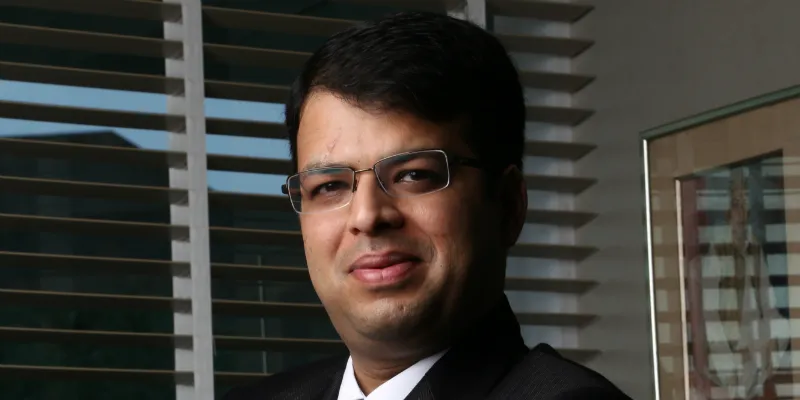
Sukrit Bansal is Managing Director at Eauset
They didn’t want to resell unfamiliar products from a new brand, especially when they were costlier.
“I recall how the dealers had lost confidence because of the rebranding. I had to find a way to regain their confidence,” he says.
And Sukrit did come up with a unique solution to regain their trust. In fact, the strategy worked so well that Eauset’s revenue skyrocketed to Rs 84 crore in just six years. Today, Eauset has over 2,000 channel partners and exports to over 10 countries across the world.
It also supplies its products to various government organisations such as NBCC (India) Limited, formerly known as National Buildings Construction Corporation Limited, Indian Railways, and more.
The 100-employee company also has a manufacturing facility in Gurugram, and soon plans to move to a bigger, state-of-the-art facility in Bhiwadi, Rajasthan.
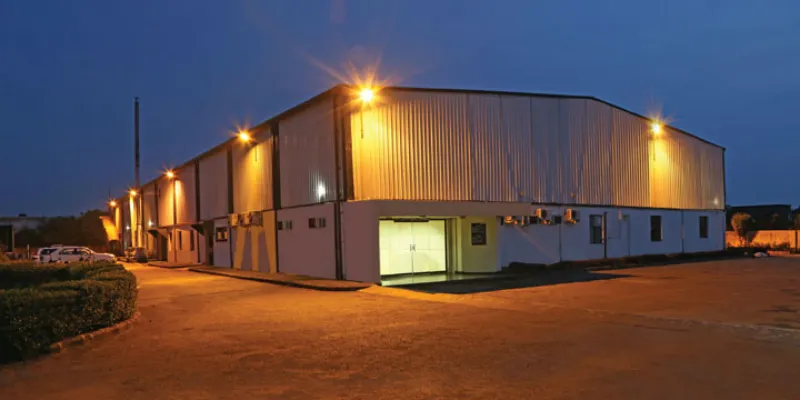
Eauset's current factory in Gurugram
Read on to find out how exactly Sukrit led a loss-making enterprise to transform into a faucets and sanitaryware behemoth worthy of the Brands of India title.
Where it all began
Sukrit had a history of entrepreneurship in the building materials industry. After moving out of the venture, he was looking for a new opportunity. “I came across a report on the lack of sanitation in the country. I read about the low levels of accessibility to toilets in rural areas and Tier II and Tier III cities,” he says.
But this was a widespread problem that many private and public stakeholders were trying to address. Was there a way he could enter this space? He decided to delve a little deeper.
“I started travelling to Tier II and Tier III towns to see the situation for myself. I saw a lot of people involved in open defecation, and others had to travel very far to access a toilet,” he says.
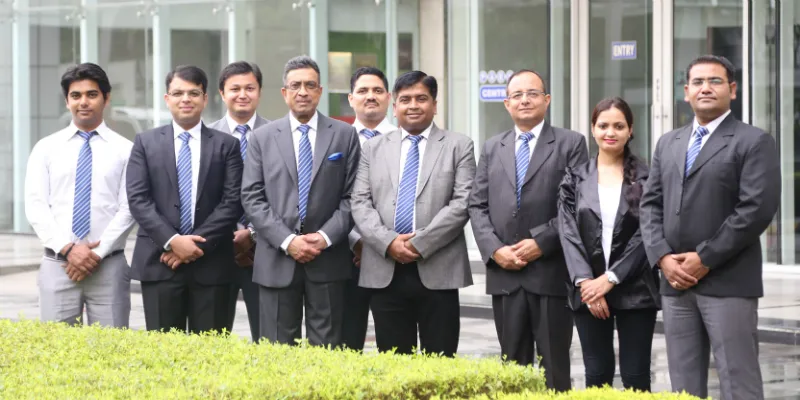
The Eauset leadership team
There was certainly potential to start an institution which brought basic and mid-segment sanitaryware to the masses. And it could also venture into luxury fittings.
This presented Sukrit with a chance to enter the space. He and his father bought out a faucets company and rebranded it ‘Eauset’. “In French, ‘eau’ means ‘water’ and ‘set’ refers to a ‘bathroom set,” Sukrit explains.
The distribution challenge
Inheriting the loss-making enterprise’s distribution network and the rebranding had made Eauset’s dealers lose faith in the new products. Something had to be done.
Sukrit and his father came up with an idea.
Eauset would not reduce product prices, but it would revamp the company’s portfolio by adding new products, such as single lever faucets, showers, and sanitaryware.
Then, Sukrit planned to give a big boost to the market communications and aggressively promote Eauset. He would also improve end-consumer experience by hiring a customer service agency.
Eauset then started making unique products such as the ‘bathroom in a box’. Priced at Rs 6,299, the box contains fittings such as single lever basin mixer, bath tub spout, single lever concealed diverter, shower with arm, and more.
The product is aimed at influencing people to start using single lever showers and faucets.
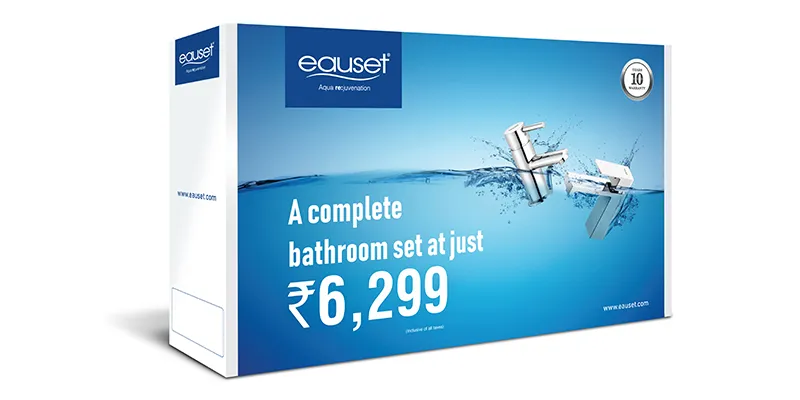
Eauset's bathroom box set
The traditional way was to use two knobs -one for hot water and the other for cold water. People had to painstakingly find the right balance between the two knobs to get the desired temperature of the water.
But single levers systems had just one handle which could be rotated to adjust temperature. Sukrit also says that other companies were charging up to Rs 12,000 for such boxes, but Eauset wanted to provide them at a affordable cost.
Sukrit wanted single lever to become popular for faucets as well. In this segment, the single levers also ensure water savings, Sukrit says.
“The single lever faucets ensure a foam flow, which distributes water at the mouth of the faucet. This ensures you can wash your hands better, and also prevents water from spilling out of the basin,” he explains.
“This sort of design was becoming popular everywhere and it looked classy as well. We decided to incorporate this in our products,” he adds.
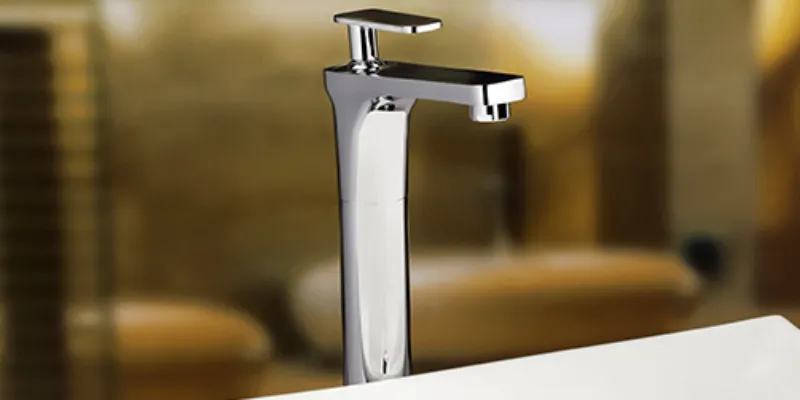
Eauset's faucet from the Dora range incorporates the single lever system
He also came up with a 10 year, free-of-cost warranty for Eauset products. “The norm in the industry was to offer 10 year warranties where you had to pay to get your sanitaryware serviced. But we offered it for free because our products had been tested rigourously,” he says.
All of the extra investment in the company amounted to Rs 40 crore, primarily for new technology and the new plant in Bhiwadi, according to him. And with this new and improved offering, Sukrit felt Eauset could regain the trust of the dealers and distributors. And, he was right.
The strategy paid off since Eauset has addressed the interests of the end consumers. The distribution channels were up and running again.
Market reach
Uttar Pradesh, Rajasthan, Kerala, Delhi and Gujarat are the major markets for the brand. Eauset’s target audience ranges from home-owners, real estate developers and builders, government bodies, and more. “We are working with mid-size builders, who will in turn lead us to customers who are interested in 1 BHK, 2 BHK and 3 BHK flats,” Sukrit says.
He adds, “Our products installed in these houses will cost around Rs 15,000 to Rs 20,000 on the whole. This is cheaper than the average rates of Rs 50,000 other companies charge for such modern design and products.”
He names Jaguar, Hindware, Cera, and Parryware as some of Eauset’s competitors. But he says that Eauset’s unique products and pricing strategy separates it from the rest.
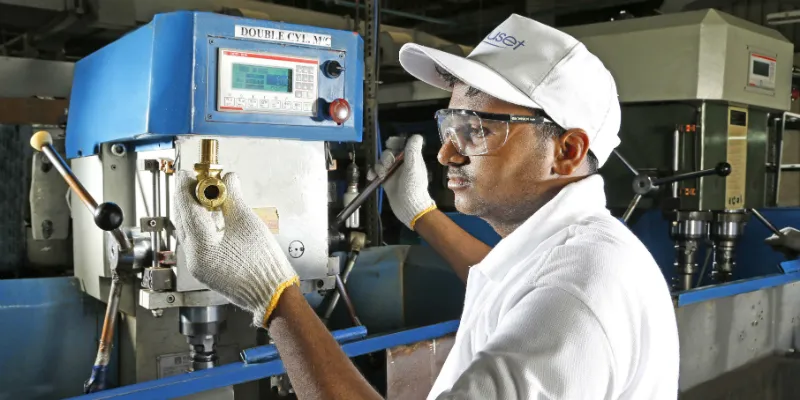
Eauset's faucets have a widespread application
Eauset’s involvement with the government extends to its enrolment in the Swachh Bharat Mission.
“Our government relationships have led us to provide 3,000 toilets at the recent Kumbh Mela. Further, we have supplied around 30 lakh faucets to the Telangana government for use in villages,” Sukrit says.
Eauset is also working with the Indian Railways to fast-track the installation of urinal sensors and faucets in trains.
“Working this way with the government is generating a lot of demand for our products,” he says, “but at the same time, it is a challenge for us to meet the demand by boosting the manufacturing as the production costs go up."
Future plans
The company plans to launch an app to help people locate a nearby toilet. According to Sukrit, this will help travellers on highways, especially women, to find the nearest toilet by providing the app with their geo-location.
Eauset is also mentoring startups in the sanitation space and helping them reach the market. The company plans to market and distribute products made by these smaller businesses. Sukrit remains optimistic and says this model could see some interesting concepts, such as waterless urinals, emerge.
ALSO READ:
Meet the brothers who started a Rs 300 Cr hotel amenities company from a 100 sq ft room
How these Pune sanipreneurs are writing a new script of ‘toilet, ek prem katha’







